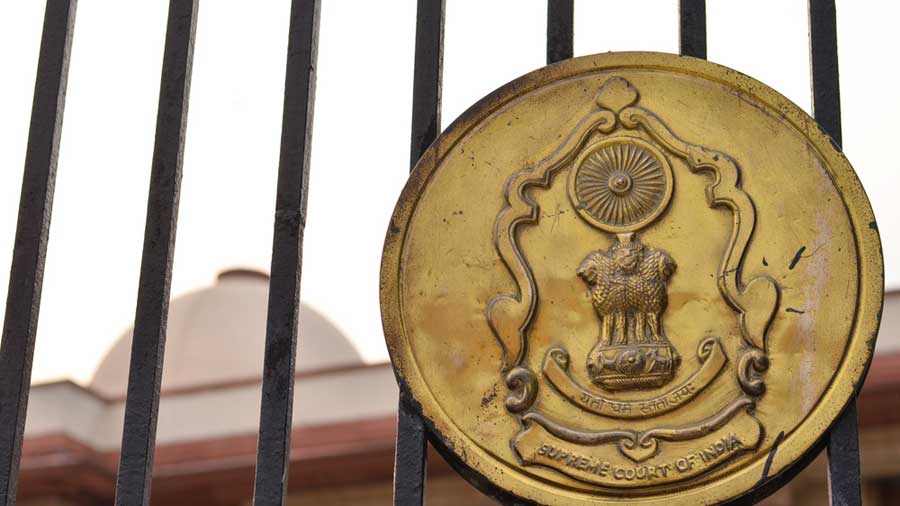The farmer unions have welcomed the Supreme Court’s pronouncement of an interim stay on the implementation of the three legislations that they have been protesting against for a while now. They may draw further relief from the highest court’s assurance that the minimum support price mechanism would remain untouched — for the time being — and that landholdings, too, shall be protected. Yet, it would be presumptuous to argue that this intervention by the court has been able to assuage the existing anxieties. There is some concern with the tricky legal territory that the court is alleged to be treading upon: it is not often that the apex court decides to stay laws without an adequate examination of their constitutionality. But this blurring of the boundary between parliamentary legislation and judicial review would not concern the farmers: their bigger worry lies with the composition of the four-member committee of experts that the Supreme Court has put in place to negotiate between the parties. Each member of the committee — neither experience nor expertise is being questioned here — has been known to be in favour of the three legislations that the farmers are protesting against. This skewed representation would not make it possible for the farmers to engage with the arbiters with ‘confidence’ and in ‘good faith’ as has been the hope of the Supreme Court. The farmers’ rejection of the panel points to the continuation — not resolution — of the crisis.
It has been reported that the suggestion of making the committee more representative in nature was rejected by the court, which said that the farmers — none of protesting unions voluntarily pleaded in the case — would have to approach the panel for the sake of a resolution. Such a stance on the part of the court is unfortunate. It is likely to deepen the mistrust that the farmers already harbour. The trust deficit has a context. Sections within the Narendra Modi government have spared no effort to malign the aggrieved farmers: the attorney-general is on record saying that the Centre would verify claims of the protest being supported by secessionist forces. The shocking paternal tone adopted by the institutions — ignorant, innocent farmers being waylaid by extraneous forces — has been a constant and cynical refrain to rob the farmers of agency. Interventions — mischievous or honourable — are unlikely to weaken the resolve of the people who feed the land.

